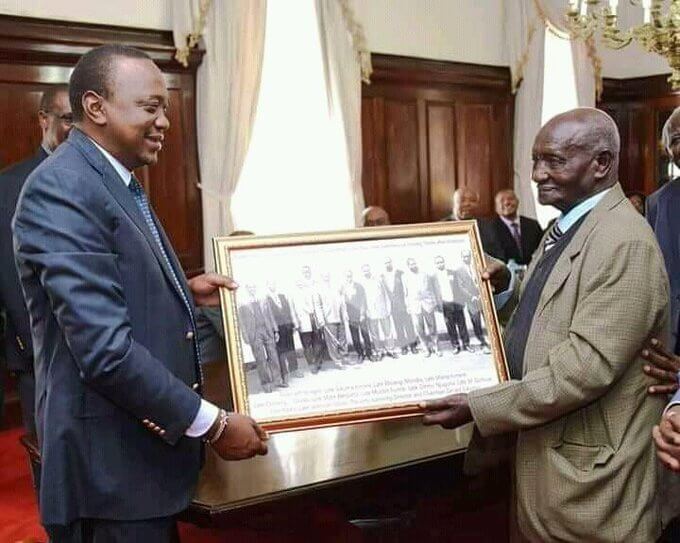Gerald Gikonyo and his companion Gerishon Kirima (now deceased) set their sights on a better life in Nairobi in the 1930s after struggling to make ends meet.
The tycoon arrived in Nairobi in tattered clothes from his hamlet of Rwathia in Murang’a County, ready to hawk his way to prosperity as the proprietor of Sabina Joy, Nairobi’s most well-known brothel along Moi Avenue.
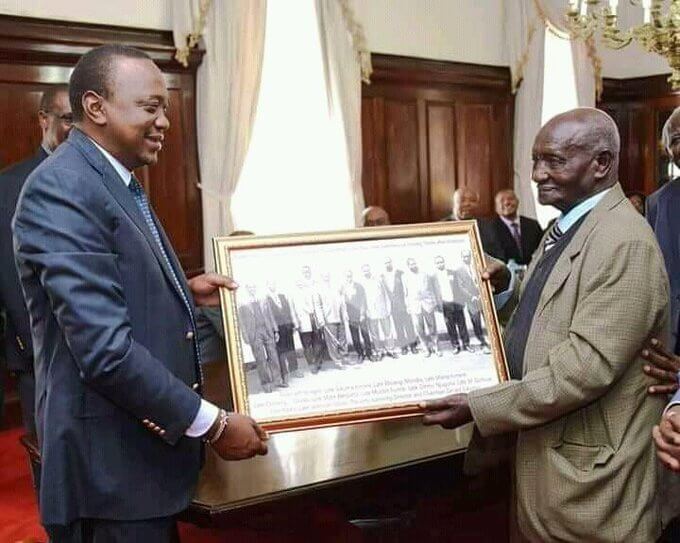
When he initially arrived in the city, his first employment was selling cabbage alongside Kirima at Marikiti Market, and later, he hawked them door to door in Indian-populated areas nearby.
“Selling vegetables was tough because if it was raining, you would have to work in the rain. And you had to rush so that you did not find the families had already cooked,” he stated in an interview in April 2021.
He worked hard enough to open a hotel and, at one point, employed former Equity Bank Chairman Peter Munga as a casual laborer at one of their businesses.
Gikonyo worked as a coffee plantation farmer while in Nairobi, and eventually joined the Kenya Planters Co-operative Union’s coffee mill. Shortly after, he quit his formal job and never looked back.
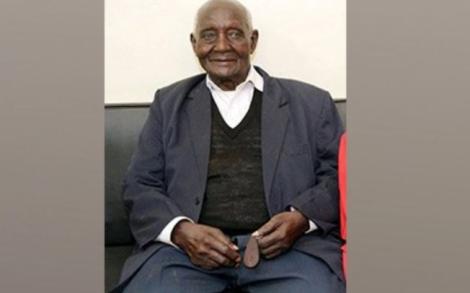
His fortunes, on the other hand, changed dramatically in 1947, about two decades after he first set foot in a city under the sun when he founded Mwihoko General and Rwathia Supplies. It was a joint venture between him and five of his pals.
The group built a hotel, and he and another coworker were given the job of running it. Some of the money they made from the sale was given to their elders to be kept safe.
The predominantly white settlers began selling property in the city by the end of the 1950s, and Gikonyo, who had become a bona fide businessman, joined with investors and purchased buildings throughout the city, including the one that housed Sabina Joy.
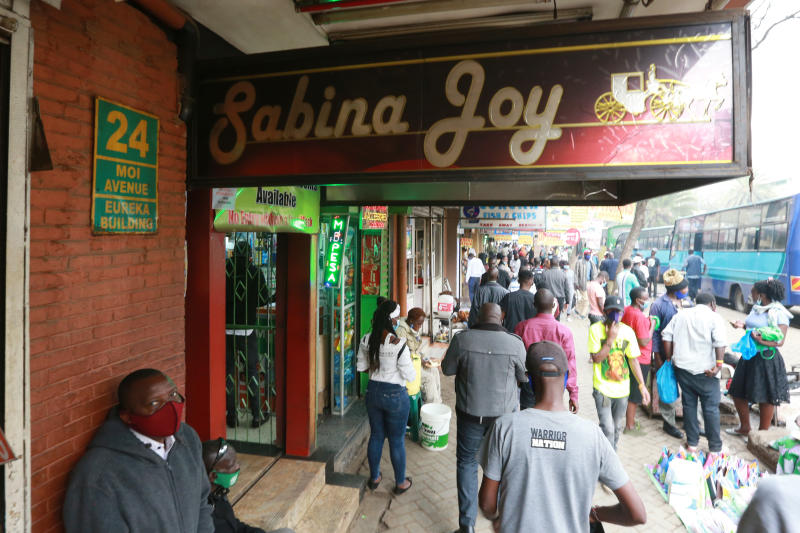
In 1952, the organizations began purchasing full plots of land and erecting commercial and residential structures. The ride was not simple because the Mau Mau soldiers damaged the economy shortly after.
“When we returned, we decided that we would henceforth enter the city centre, where we were not allowed before. Our idea was to rent buildings and start businesses.
“But most of the buildings we wanted to rent were owned by Asians. They were fearful of the Mau Mau, so many of them were migrating from Kenya and selling those buildings.
This is how we started buying some of the buildings that we own to date,” explained Gikonyo.
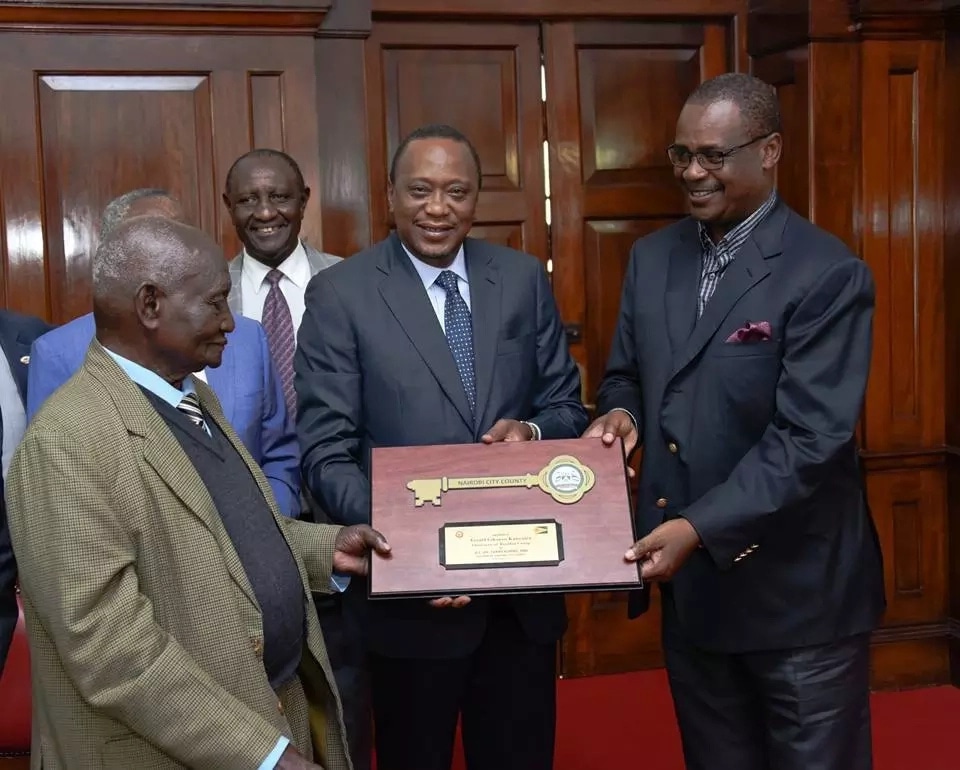
The supply company founded by the Rwathia brothers has grown to 50 enterprises today. The organization is thought to own a large number of buildings in Nairobi and to have employed over 100,000 people at one time.
President Uhuru Kenyatta and then-Governor Evans Kidero presented Gikonyo with a ceremonial key to the city in 2017. The tycoon was able to park his cars for free, attend all county and national government meetings, and have a road named after him as a result of this.
“This is a token of appreciation to honour your work in this county. With this key, you can move freely within Nairobi County. You are also exempted from paying the city-county parking fees for your fleet of vehicles,” stated Kidero at the event.
At 111 years old, the father of 26 children is still going strong.

